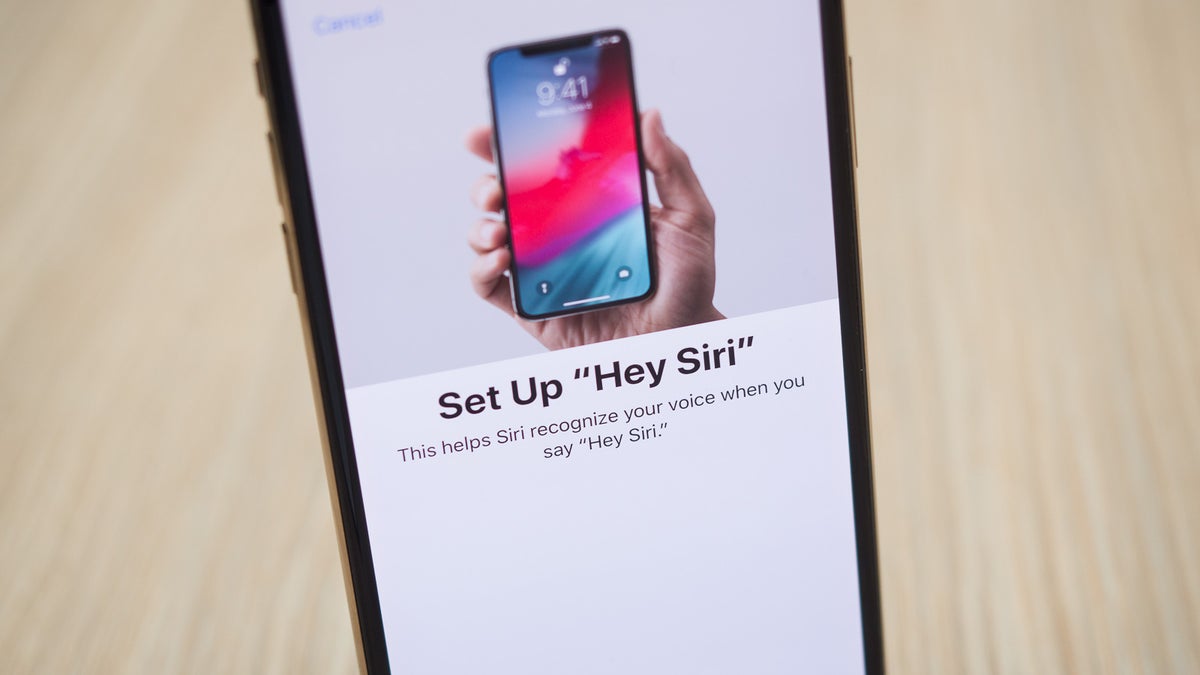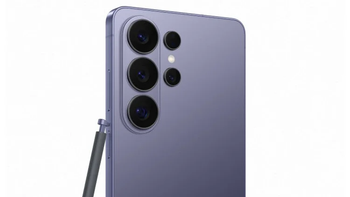Apple's latest patent: will Siri understand you without words?

Voice assistants are helpful in many situations and you have probably tried using them at least once. The most popular voice assistants are Siri, Amazon's Alexa, and Google Assistant, and you might have noticed that it's easy to sometimes accidentally trigger them. However, Apple has a new patent that aims to change this.
According to Apple Insider, Apple filed a patent application named "Keyword Detection Using Motion Sensing." The patent's goal is to enable Siri to detect mouth and head movements, potentially improving its accuracy. This means that future Apple devices could activate Siri without the need for constant listening through a microphone.
The patent is about a system that controls the smart automated assistant, or let's just say, Siri. It uses a motion sensor to track a user's movements while they speak and checks if the movements match certain words or phrases. If they do, Siri performs the related task. In other words, Siri will respond to specific gestures.
The patent application explains that Apple wants to use mouth movements to make Siri's responses more accurate. Sometimes, voice-only systems like Siri misunderstand because of background noises or other people speaking. By teaching Siri to read lips, it could avoid these mistakes.
Apple suggests that by using motion detection, it might be possible to turn off the microphones that listen for wake words like "Siri" or "Hey, Siri." Currently, these microphones are always active, which consumes power and processing resources even when the user is not using voice control.
The patent also explains that when a person speaks, their mouth, face, head, and neck create vibrations and movements. Motion sensors like accelerometers and gyroscopes can detect these movements. Unlike audio sensors such as microphones, these motion sensors use less power, so motion detection might save your battery, which is always welcomed.
If the motion detection is fast and effective, it will recognize when a user says "Siri." The device should then activate the microphones in time to capture the rest of the voice command.
The patent application explains that Apple wants to use mouth movements to make Siri's responses more accurate. Sometimes, voice-only systems like Siri misunderstand because of background noises or other people speaking. By teaching Siri to read lips, it could avoid these mistakes.
The patent also explains that when a person speaks, their mouth, face, head, and neck create vibrations and movements. Motion sensors like accelerometers and gyroscopes can detect these movements. Unlike audio sensors such as microphones, these motion sensors use less power, so motion detection might save your battery, which is always welcomed.
If the motion detection is fast and effective, it will recognize when a user says "Siri." The device should then activate the microphones in time to capture the rest of the voice command.
The patent doesn't specify which devices will benefit from this system, but Apple Vision Pro might be one of them. We'll have to wait and see if this idea becomes a reality.
Follow us on Google News













Things that are NOT allowed:
To help keep our community safe and free from spam, we apply temporary limits to newly created accounts: